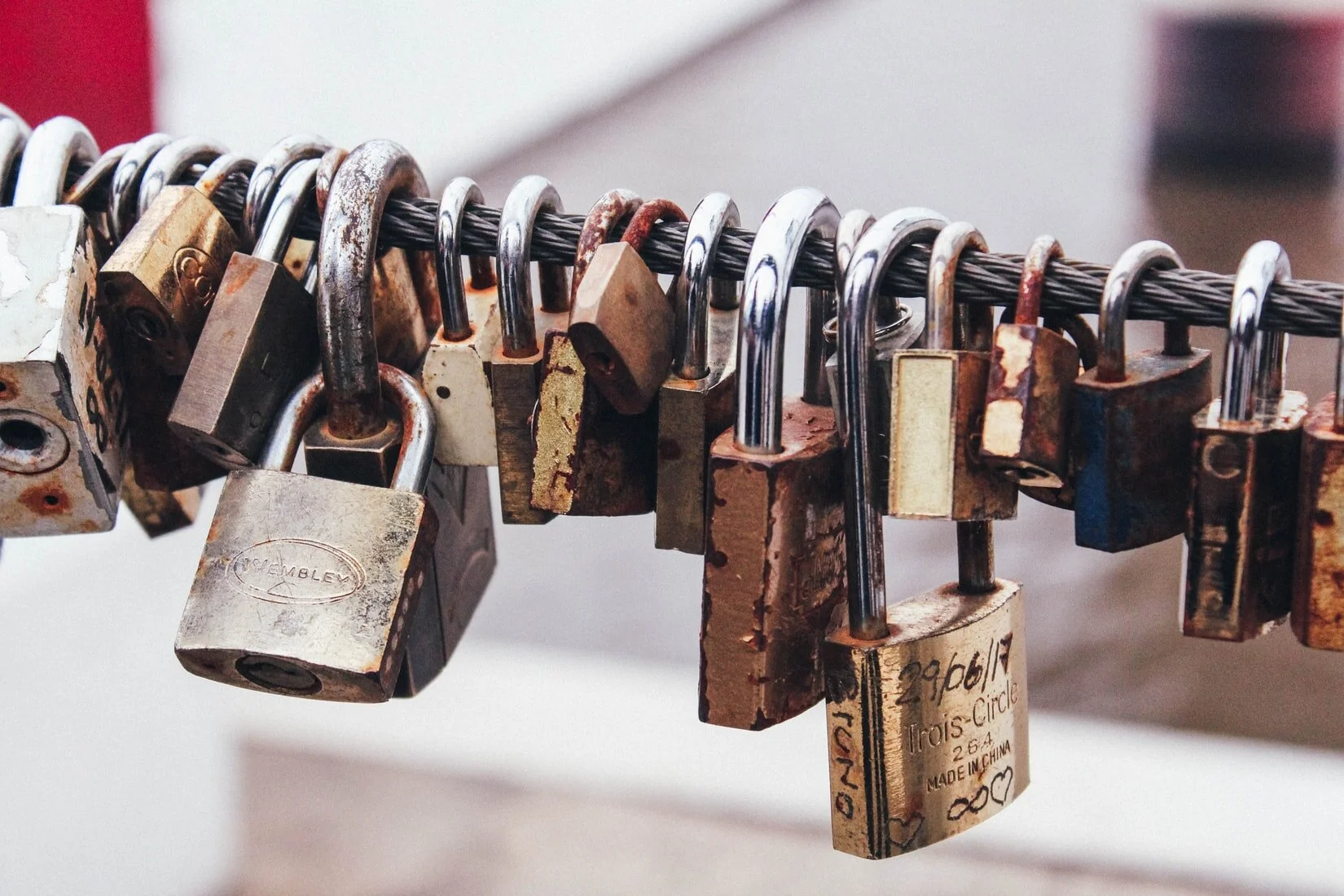Prioritising me
Since I last wrote we have entered a new year and a new decade.
With new beginnings can come a lot of stress and high expectations of doing things differently, somehow better, than before. I don’t tend to set new year’s resolutions for precisely this reason - winter is hard enough to get through without constantly feeling under pressure to do x or y in addition to navigating everyday life.
I’m not saying we should never set new goals or strive towards achieving more than before - of course there is a place for this, but it needn’t always be on 1st January.
I feel that the pressure to be a ‘new person’ with the start of a new year can undermine just how hard we have worked over the last 12 months. It somehow suggests that the person we were, was inadequate. People with personality disorder often have enough voices in their head telling them that they’re not good enough all year round - we certainly don’t need another excuse for them to shout any louder.
On a personal level, the year has started in a typically mixed fashion. On the whole I have managed to keep on a fairly even keel but there have been very difficult days too, particularly as I continue to work through things that come up in EMDR therapy. The sessions themselves are hard but then so is the time in between them because they leave me with a lot of processing to do. I have been feeling emotionally overwhelmed a lot but struggle to connect to those emotions in order to express and deal with them. That leaves me feeling very conflicted and confused and has been exacerbating the usual rollercoaster of life with EUPD.
The balance between giving myself time to process everything and keeping myself busy so as not to become swamped by the feelings, has been a difficult one to find. I naturally want to pull on my ‘functioning Jo’ mask and carry on as if there is nothing worrying me at all - and I have done so several times over the past month.
However, through talking with my therapist and care coordinator, I have been able to find the courage to say no to requests for my involvement with things on a couple of occasions.
Initially the guilt that I felt in doing this was immense and so too was my immediate fear that the people who had asked me would now hate me. Nevertheless, after that initial knee-jerk reaction and for the first time, I was able to look at the situations more objectively. I realised that people say no all the time to things they are unable to do and that although a lot of people find it difficult, everyone has to say no sometimes - otherwise how would we prioritise, or avoid a life full of commitments where we’d double or triple booked ourselves?
Further, over time it has become clear to me that I have to rely on me to look after myself. No one else is going to prioritise me, my wellbeing and my recovery; that’s my job and sometimes the demands of that job require me to say no to others’ requests.
As for them hating me, I can now see that as a very black and white thinking, typical BPD, response. If someone really does hate me for saying no to them then it says a whole lot more about them than it does me and ultimately, it is very unlikely to happen.
Alongside saying no on these occasions, I have of course said yes to a host of other requests for my time and involvement as an Expert by Experience. These include sitting on an interview panel recruiting for a senior post within the local Trust, attending meetings and last week, co-facilitating a workshop for Time To Talk Day in a corporate environment. I enjoyed that session particularly, and it was encouraging to see so many people from the company in attendance. I spoke, unprepared(!) on my experiences of stigma towards my mental ill-health in the workplace and elsewhere. The audience were engaged and asked several interesting questions as a result.
However, it got me thinking about the value of a Time To Talk Day, without increasing the awareness of the importance of listening to those who are talking, and acting in an appropriate way in response. In the workplace this might mean making reasonable adjustments for the employee, amongst family or friends it might mean checking-in more often and offering a shoulder to cry on, but for those already in mental health services it might mean offering access to therapy, face-to-face support to avert a crisis, or implementing a personalised care plan.
Whilst I encourage initiatives like Time to Talk to reduce stigma amongst the general population, I feel more emphasis needs to be put on provision of help for when people do talk. There is after all, no use in anyone talking to a brick wall - which it often feels like for those brave enough to speak out now.





